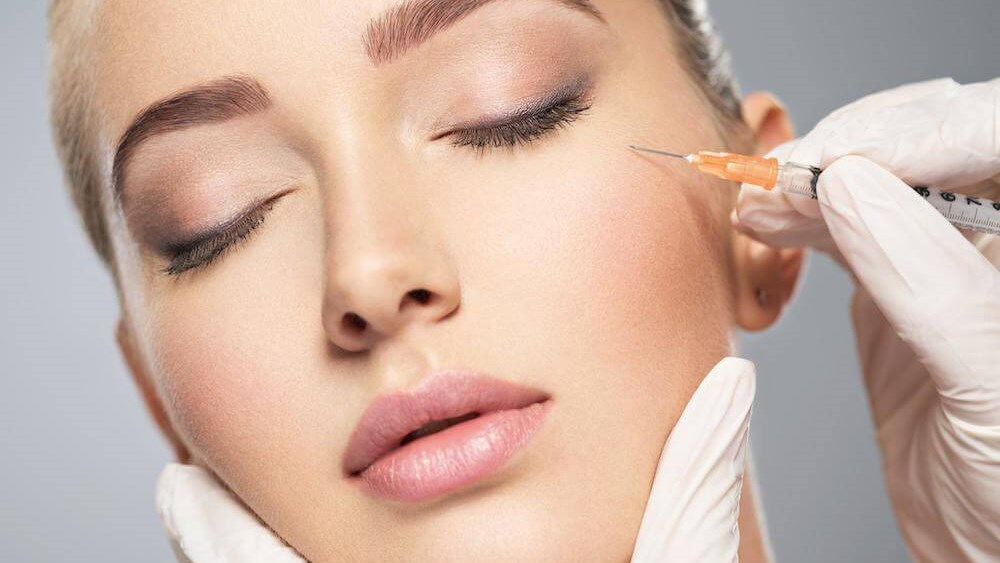Incorporating Botox® into Your Regular Dental Routine
&srotate=0)
Botox® injections at the dentist? This is a common reaction to the idea that you can receive Botox injections from your dental professional. But, why would you even need Botox at a routine dental visit?
Much in the same way Botox inhibits movement in your forehead muscles to make lines and wrinkles appear smoother and less noticeable, this injectable can also reduce muscle movement in your jaw to make temporomandibular joint (TMJ) issues less painful. Here at Dallas Dental Concierge, Dr. Melisa Christian is a skilled general and cosmetic dentist who often recommends incorporating Botox into your regular dental routine if you suffer from TMJ disorders and other oral health problems. If you live or work in the Dallas-Fort Worth area and you have jaw pain, getting relief can be as easy as a Botox injection in the dentist’s chair.
Botox helps bruxism
Teeth grinding, a condition also known as bruxism, can lead to jaw pain, headaches, and damaged teeth. Whether you grind your teeth while you sleep or clench your teeth during the day as a result of stress, you may be creating dental problems that adversely impact the quality of your life long term.
Recent research indicates that when you receive Botox injections in the muscles in your cheeks that allow you to chew, talk, and open and close your mouth, the purified botulinum toxin — the active ingredient in Botox — relaxes these muscles by blocking the signals from your brain to your jaw muscles. As a result, you get relief from involuntary grinding and clenching.
Therapeutic doses of Botox, like the carefully prescribed amount Dr. Christian injects into your jaw, reduce muscle movement but don’t stop it completely. This means you can make all your usual muscle movements and facial expressions, but you’ll experience less teeth grinding and jaw clenching at the same time.
Botox helps TMJ disorders
Bruxism can lead to TMJ disorders, or you may have TMJ as a result of a physical injury, an infection, or simply because you inherited jaw problems. Research also indicates that hormones play a role in TMJ disorders, and women experience jaw issues more than men. When you suffer from headaches, jaw tension, and even lockjaw, injections of Botox can help relieve the pain and other symptoms, even if you haven’t responded to other treatments.
A simple nonsurgical, outpatient procedure
Botox injections for jaw disorders take just 10-30 minutes, and Dr. Christian can incorporate the treatment into your routine dental visits. Initially, you receive at least three injection sessions over the course of a few months. To relieve jaw pain and related symptoms, including headaches, Dr. Christian injects Botox into your forehead, temples, and jaw muscles.
She determines the number of injections you need in each area of your face based on your individual condition. Botox injections are minimally invasive and easily tolerated, although you’ll most likely feel a sensation similar to a pinprick when Dr. Christian injects the Botox into each treatment area.
You may feel relief in the first 24-48 hours after receiving your injections, but it often takes a few days to notice a significant difference. After your dental appointment, you can return to your daily activities without further interruption. The knowledgeable dental team at Dallas Dental Concierge provides you with any necessary follow-up instructions and answers all your questions so you know what to expect in the days after receiving your Botox injections.
Discover if you’re a candidate for Botox injections at your routine dental visits by calling Dallas Dental Concierge, or easily request an appointment online today.